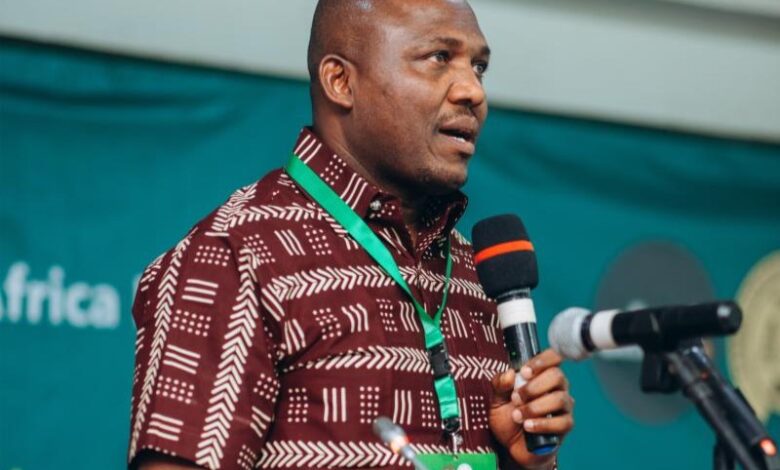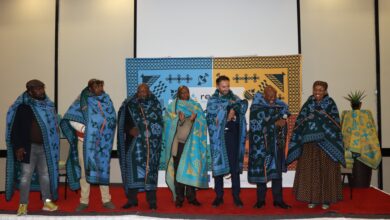ITUC-Africa Urges Swift Implementation of AfCFTA Amid U.S. Tariff Hikes

The African Regional Organization of the International Trade Union Confederation (ITUC-Africa) has issued a strong call to African leaders and the African Union (AU) to fast-track the full implementation of the African Continental Free Trade Area (AfCFTA). This comes in direct response to the economic and labour challenges posed by the recent tariff increases announced by U.S. President Donald Trump.
In a statement released on Monday, ITUC-Africa’s General Secretary, Akhator Joel Odigie, condemned the U.S. administration’s decision to impose flat-rate tariffs of up to 25 percent on critical African exports. He warned that the move could severely impact African economies, with particularly devastating effects on workers in key sectors such as agriculture, textiles, apparel, mining, and energy.
“These tariffs threaten the fragile economic gains made across the continent,” Odigie stated. “The livelihoods of millions of workers are at stake. Now more than ever, Africa must respond with unity and urgency by implementing the AfCFTA in full.”
The AfCFTA, which aims to create a single continental market for goods and services, has been widely recognized as a transformative tool for intra-African trade, industrial development, and employment creation. However, despite its launch in 2021, full implementation across all member states has been slow.
ITUC-Africa is urging governments to prioritize the acceleration of regional integration, harmonization of trade policies, and investment in local industries to strengthen Africa’s economic resilience and reduce dependency on volatile international markets.
“The AfCFTA represents Africa’s best defense and most promising opportunity,” Odigie added. “By building a self-sustaining regional economy, Africa can better protect its workforce and shield itself from external shocks.”
The organization also called on the AU to facilitate urgent dialogue among member states to coordinate a collective response to the U.S. tariffs, while reaffirming its commitment to advancing decent work and social justice for all African workers.
Join 'Lesotho News' WhatsApp Channel
Get breaking Lesotho news — delivered directly to your WhatsApp.
CLICK HERE TO JOIN



